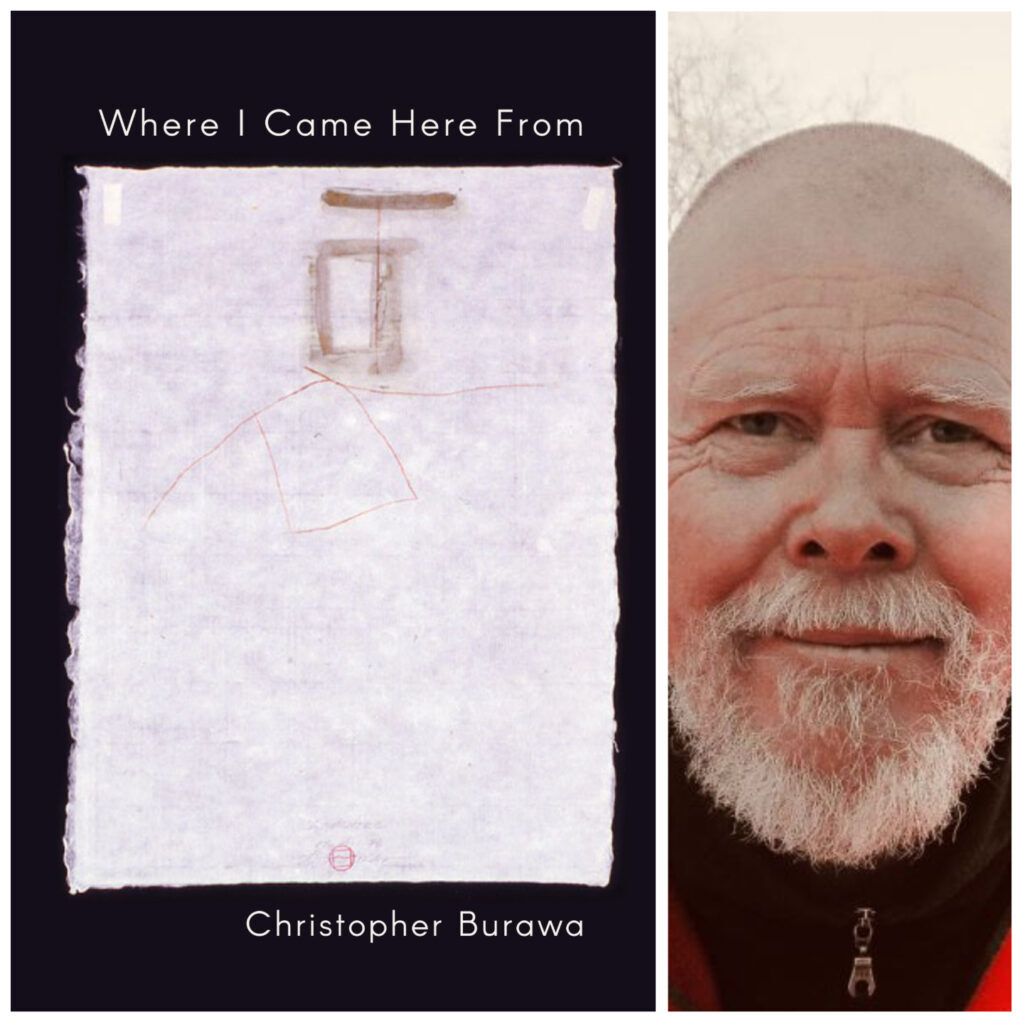
Congratulations to past contributor Christopher Burawa who recently published Where I Came Here From.
Where I Came Here From is a collection of Zen Buddhist inspired poems that occasionally wander a path to the north-to Iceland, Christopher Burawa’s birthplace. The Iceland poems reflect, as Cynthia Hogue suggests, an “Icelandic Zen,” of the Self examining itself, unearthing what remains of his connections to the past and the trauma of separation, of being caught in the illusion of the fixated, isolated self. In these poems he follows the schematics of the skandhas and dependent origination, tracing the activity of mind and as the reborn self that arises from its dwelling.
The book has received significant praise:
Very few books of poetry move me the way Christopher Burawa’s Where I Came Here From has with its celebration of the imagination. The poems are like trapdoors, giving way to a world where you are both lost and found. Here, you find your way—through wit and earnestness, the playful and the profound—until “the cosmos breaks / open to let you through.”
–Blas Falconer
The perceptions inside Christopher Burawa’s collection invite you to track and take-in, live and breathe within some profound and defamiliarized spaces. These poems exist on a continuous and steep terrain, there to observe the rock’s jagged path, as well as the traveler’s clear-eyed navigation of an obscure map—and so these poems comfort you amidst all that’s unknowable; they ask you to gaze headlong while your hands pass uncut through a cold window, because, despite what you’ve understood before holding this book, “really, a river is a door, / until it opens.”
–Melissa Cundieff
“With deepest humility, a profound commitment to love, and reverence for truth, a book like Where I Came Here From appears. This does not happen frequently, this peeking into the ordinary with a view to what is there, not really there, but there in the sense of where we live. Burawa takes us beyond the illusion of thought and the firm conviction that some things hurt beyond what we think we can bear, and other things give us immeasurable joy, or hopefulness. We all should know what it takes to write a book of poems like this one. This is Zen.”
–Afaa Michael Weaver
Read more about Christopher’s book on the Finishing Line Press website.
Christopher Burawa is a poet, translator, high school language arts teacher, and ordained Rinzai Zen Buddhist monk. He received an MFA in poetry from Arizona State University. He has received numerous awards for his work, including an NEA Translation Fellowship, Joy Harjo Poetry Prize, an American-Scandinavian Foundation Creative Writing Research Fellowship, Witter Bynner Poetry Translator Residency, among others. He lives with his wife and daughter in Red Wing, Minnesota.
View Christopher Burawa’s’ poems in issue 10 and issue 23 of Superstition Review
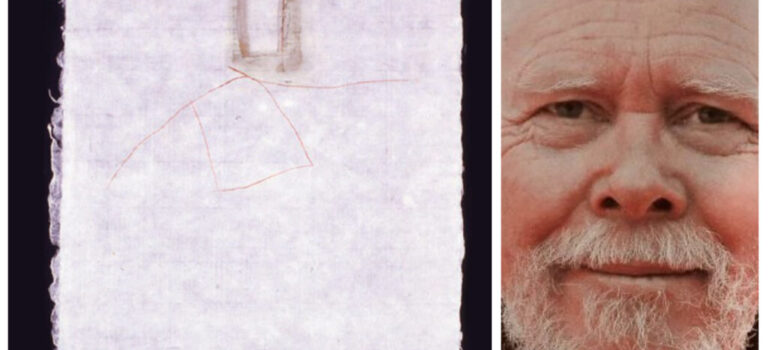
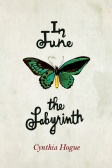 Find out more and purchase the book
Find out more and purchase the book 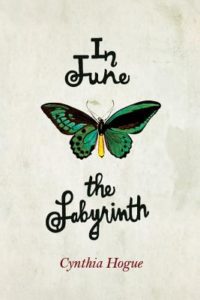
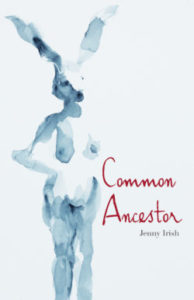
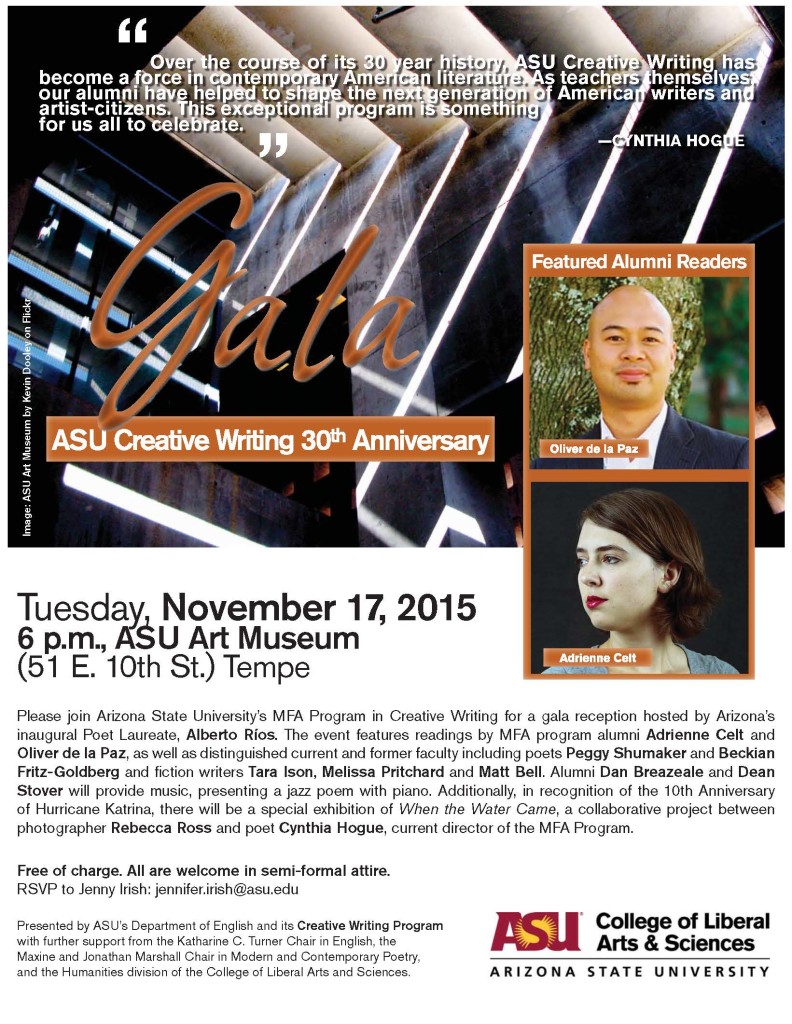
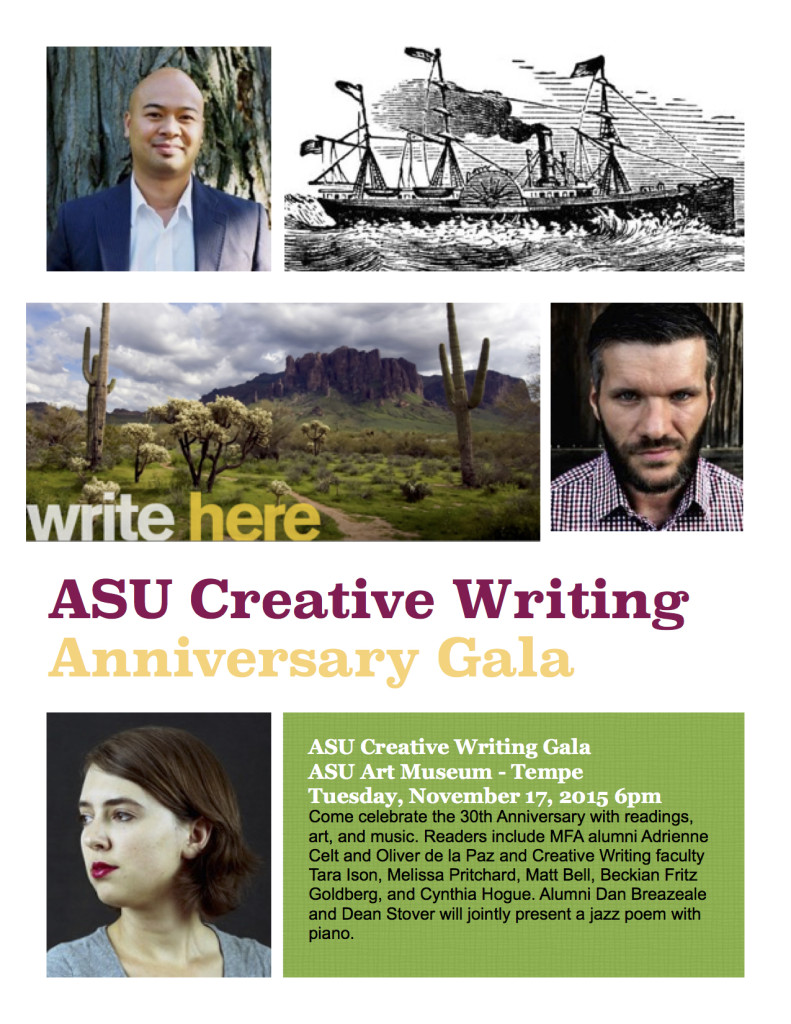

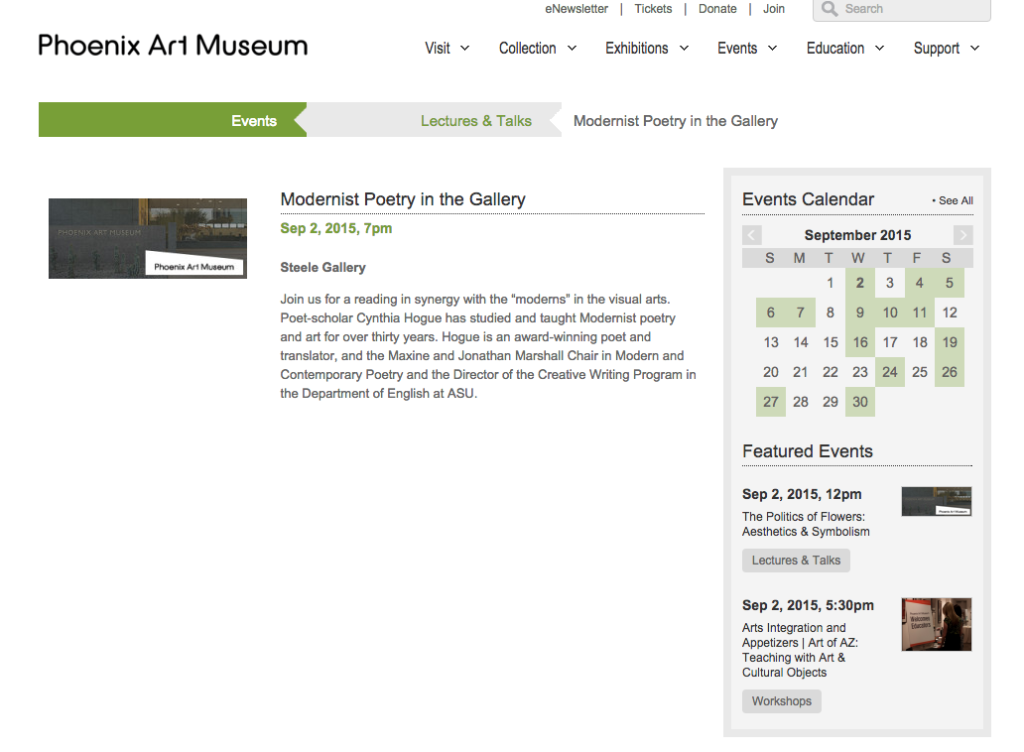
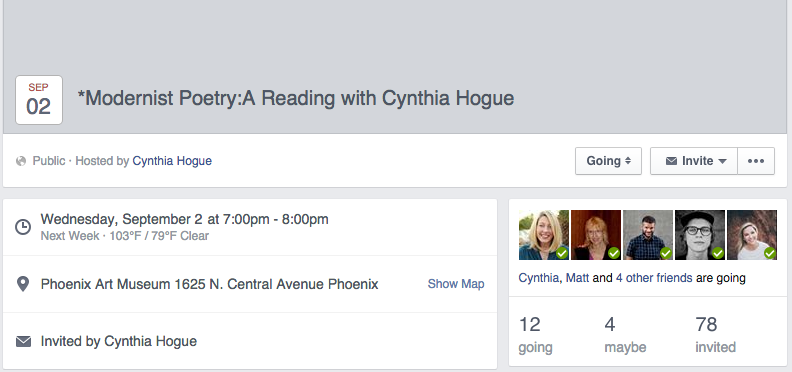
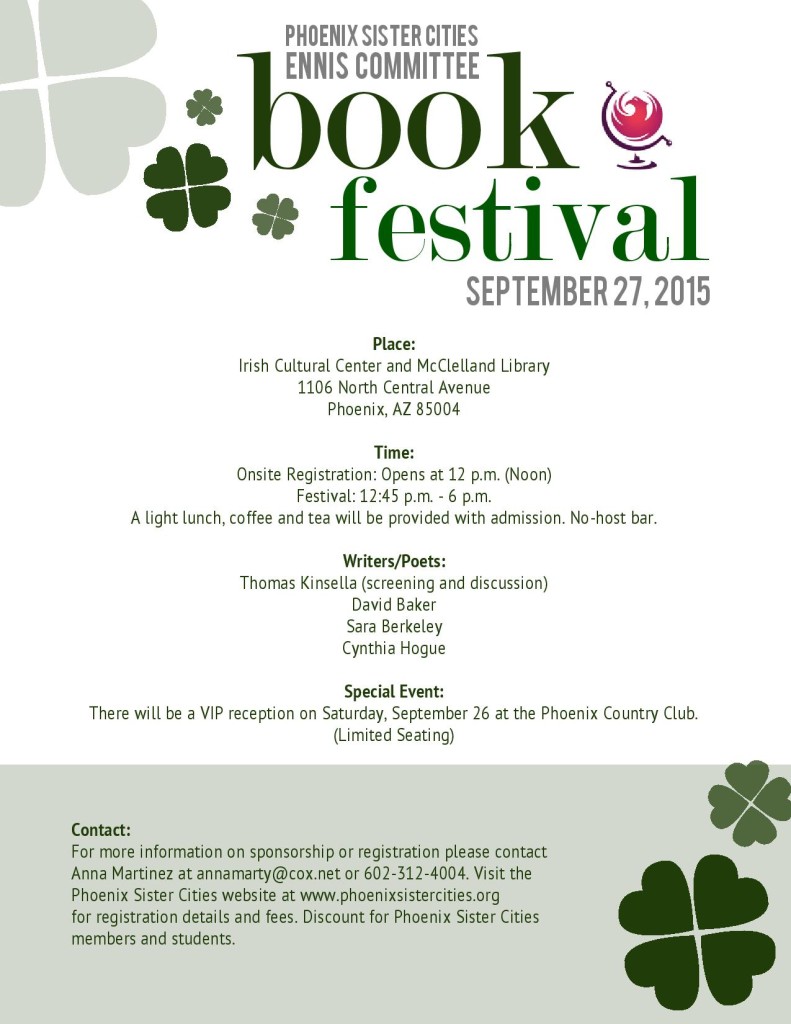
![FLYER Cynthia Hogue & Karen Brennan[2] copy](http://superstitionreview.asu.edu/blog/wp-content/uploads/2014/08/FLYER-Cynthia-Hogue-Karen-Brennan2-copy.jpg)